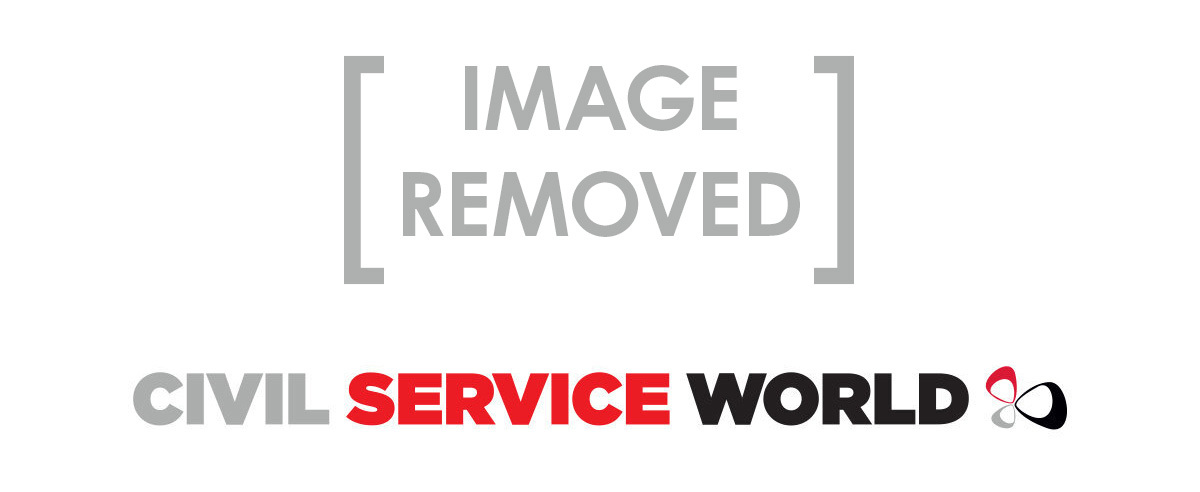I recently had the pleasure of taking part in this year’s Ministry of Justice (MOJ) Social Mobility Roadshow. I was representing the EY Foundation, an independent charity which gives young people facing barriers to employment the skills, experience and support to fulfil their potential.
I shared the stage with a range of inspirational people for whom social mobility is a priority and who work every day to level the playing field for young people across the country. It reminded me that there is still so much more to do if we are to make the UK a place where all young people get the opportunities to work towards the kind of future they want, regardless of where they come from or what their parents do.
The Social Mobility Postcode Lottery
The Social Mobility Commission’s State of the Nation 2017 report leaves no doubt that a stark social mobility postcode lottery is very much alive and kicking. Disadvantaged young people are almost twice as likely as better off peers not to be in education, employment or training a year after their exams. The challenges facing young people in care, young carers and young disabled people are also too often overwhelming. And people with least access are those from remote rural or coastal areas and former industrial heartlands.
Tackling inequality in Bradford
Tackling such pervasive inequality was at the heart of the recent MOJ/EY Foundation Smart Futures programme. Twelve young people from Bradford, all Year 12, participated in the programme run in the MOJ’s Leeds offices, supported by MOJ volunteers.
After the programme, equipped with new employability skills, work experience and the support of a mentor, the young people returned to school and college with new confidence and connections to apply to the universities they want to go to and the job opportunities and career paths they want to pursue.
In the words of one young man, Iman, “It's given me the confidence to apply to firms for jobs and sit interviews.”
Another Qasim, said, “If it wasn’t for my mentor I wouldn’t have had my personal statement done for university so he played a major role in helping me secure a place at university”
For Maria experiencing the programme has “helped me decided on what career path I want to follow as I wasn’t sure if I wanted an office based job or something in the field. I also think it has helped me land a place in the universities I chose and it added more experience onto my personal statement.”
Partnerships are key
In other words, young people who’d been struggling to work out their next steps and get their foot on the ladder, suddenly found they had the confidence and skills to achieve their ambitions
For officials at the MOJ it was an opportunity to communicate with and engage a new group of young people normally out of reach – part of its Social Mobility Plan which has seen the MOJ soar to third place in the 2018 Social Mobility Index (overseen by the Social Mobility Foundation).
The message in all this seems clear to me.
If we can continue to work in partnership like this around the UK, we can support tens of thousands of young people to develop the skills and experience to have the kind of futures they want and deserve.
It will not be easy, but the results will make for a better, more inclusive UK.
